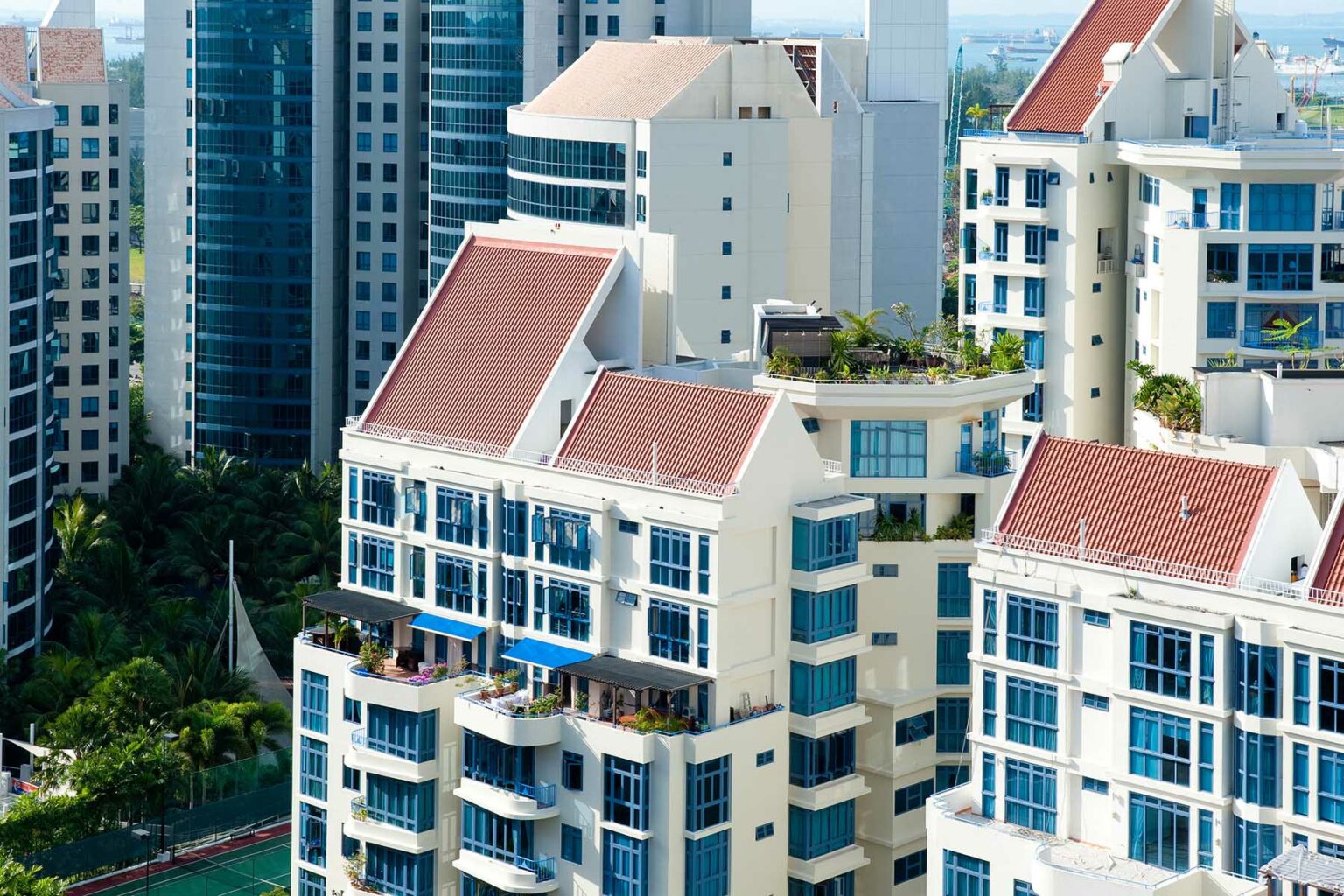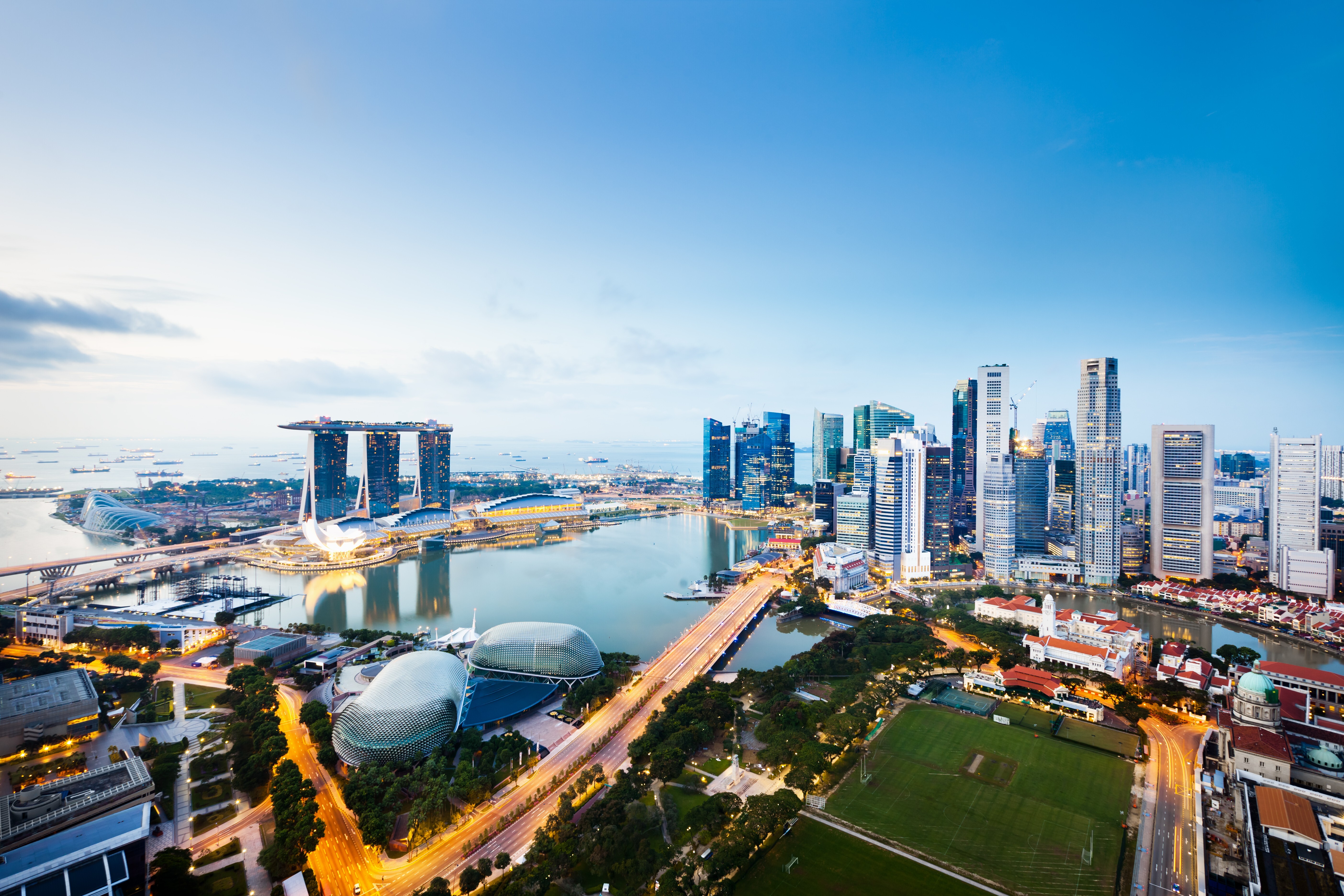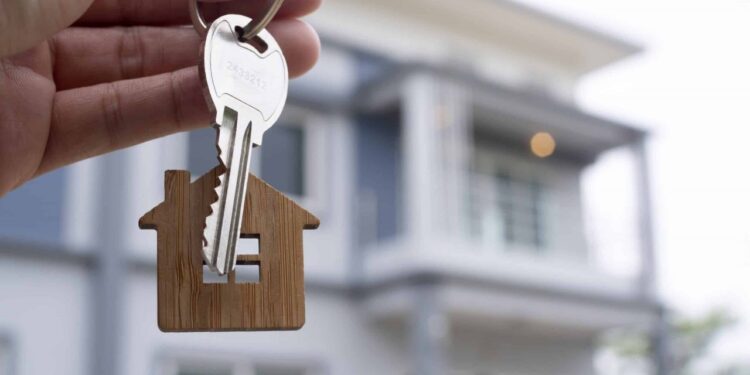Property ownership in Singapore is more than a financial investment—it’s a legacy. For many families, owning real estate with long tenure means preserving wealth and stability for future generations. The security of extended ownership, combined with Singapore’s strong legal framework and stable market, makes long tenure properties one of the most reliable paths to generational wealth.
1. The Lasting Value of Long Tenure Ownership

Robertson Opus reflects the advantages that long tenure properties bring to homeowners and investors. With ownership extending over many decades, these properties allow families to enjoy long-term financial security while benefiting from consistent market appreciation.
Unlike shorter leasehold properties that depreciate as their tenure shortens, long tenure developments retain value longer and offer more flexibility for inheritance. This makes them particularly appealing for buyers planning to pass assets down through multiple generations.
In Singapore’s tightly regulated market, where land scarcity drives demand, long tenure ownership serves as both a hedge against inflation and a foundation for sustained wealth accumulation. The ability to preserve property value over time ensures that each generation inherits not only a home but a lasting financial advantage.
2. Stability, Appreciation, and Market Confidence

Singapore’s property market is known for its resilience, supported by transparent governance and strong urban planning. Long tenure properties naturally align with these principles, offering buyers confidence in the stability of their investment.
Over time, these assets tend to appreciate steadily due to limited supply and consistent demand for well-located developments. Even during global downturns, Singapore’s long-term ownership model protects investors from volatility, making property one of the safest asset classes in the region.
Projects like Robertson Opus benefit from their strategic locations and enduring ownership structure. They provide not only comfortable living spaces but also an asset that grows in value across generations—a hallmark of financial prudence and foresight.
3. The Legacy of Wealth Transfer

Long tenure properties play a vital role in wealth transfer. They allow families to retain ownership through inheritance without the complications associated with expiring leases. As a result, the property remains a tangible symbol of family continuity and success.
Parents often view these properties as a secure way to provide future stability for their children. The combination of enduring tenure, capital appreciation, and stable rental potential ensures that such assets continue to generate value for decades.
Furthermore, as Singapore’s population grows and land becomes even scarcer, the scarcity of long tenure properties enhances their appeal. This intergenerational benefit strengthens both family finances and emotional ties to the home.
Conclusion
Long tenure properties represent one of the most dependable foundations for building and preserving generational wealth in Singapore. Their combination of enduring value, stability, and inheritance potential ensures financial security for years to come.
Developments like Robertson Opus showcase how strategic ownership extends beyond personal investment—it builds a legacy. For families seeking lasting prosperity and security, long tenure properties remain a cornerstone of wealth preservation in Singapore’s real estate landscape.







